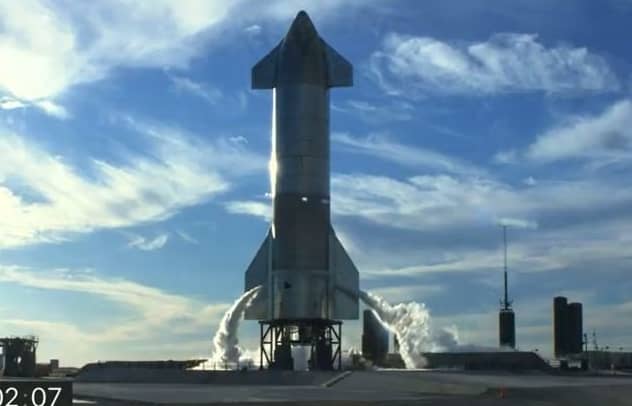The Federal Aviation Administration (FAA) has approved SpaceX Starship and Super Heavy rocket program. After having gone through 75 conditions, the Spaceship program is finally approved for launch. However, there are certain limitations on the launches, including certain steps to limit environmental impacts.

According to a publication finding, the FAA stated there is no significant impact through these launches. However, the launches will have certain limitations. SpaceX tweeted, “One step closer to the first orbital flight test of Starship,”
One step closer to the first orbital flight test of Starship https://t.co/MEcQ6gST6Q pic.twitter.com/jxqEsM62gc
— SpaceX (@SpaceX) June 13, 2022
In addition to the approval, it also states that the review doesn’t mean SpaceX has the vehicle operator license. It is contingent on the launch meeting FAA requirements of risk, safety, and financial responsibility. One of the limitations includes advanced notice of the launches. It will reduce the highway closure during launch operations.
Furthermore, it is said that the launches are not to take place on 18 identified holidays. The FAA is monitoring vegetation and wildlife, giving an advance notification prior would ensure the surroundings are prepared. Potential engine noise and sonic booms from the launch could be reduced or avoided. It would be adjusting the complex lightning to minimize wildlife impact. SpaceX has been working on making the Starship for years now.
Founder Elon Musk stated in February that he is “highly confident” that his new SpaceX Starship is built to reach the moon and Mars. This year, the Space company plans to launch the Starship into space for the first time.
Environmental impact
Even in a “worst-case” scenario, in which a full environmental impact statement was required or legal wrangling over the issue threatened to drag on, Musk said SpaceX has a fallback plan.
The company would shift its entire Starship program to the Kennedy Space Center in Cape Canaveral, Florida, where SpaceX has received the environmental approval it needs, Musk said. On Monday it was reported that NASA wants SpaceX to ensure its plan to launch its next-generation Starship rocket from Florida. That is would not put at risk nearby launch infrastructure critical to the International Space Station.
The rocket’s next big test, a complex task of launching to orbit for the first time, had been delayed in part by the regulatory review of the Texas compound’s environmental impact, which has precluded the FAA from granting SpaceX its orbital launch license. “For them to say there is no significant impact is ludicrous,” said Jim Chapman, a board member of Save RGV, a nonprofit environmental advocacy group aiming to protect the Rio Grande Valley. “The impacts are simply too large. We still feel that way. The F.A.A. should have recognized that.”











